美.中간의 비밀대화를 경계한다
앞으로 북한의 계속되는 핵 위협 책략으로 북한정권에 대한 국제사회의 신뢰가 땅에 떨어지고 우리를 비롯한 주변의 관련국들이 새로운 돌파구를 모색할 확률이 점점 더 높아질 것이다. 남북한의 진정성에 기반 한 대화의 문이 단절되고 설사 일시적으로 이루어진다고 하여도 형식적인 만남으로 귀결되는 이러한 현실이 타파되지 않는다면 우리 대한민국이 앞으로 주변의 4강과 북한을 상대로 한 외교정책을 적절히 잘 구사하는 문제는 국가의 생존전략이상으로 중요한 정책영역이 될 것이다. 더군다나 북경의 애매모호한 한반도를 향한 외교노선을 생각하면 더욱더 우리가 관심을 기울여야 하는 것이다.
특히나 최근에 미국과 중국이 북한에서의 불안정한 정정을 고려하여 새로운 대화를 모색하는 할 수 있는 분위기는 우리가 마땅히 경계하고 살펴보아야 할 주요 현안이다. 우리가 강대국들만의 보이지 않는 합의로 우리의 국익이 또 다시 희생되는 역사적 아픔을 되풀이 할 수는 없는 노릇이다. 우리의 주도적인 외교력을 더 키우고 주변의 가능한 우호적인 힘을 활용하여 우리의 의견을 더 적극적으로 한반도문제 논의에 반영하는 우리정부의 배가된 노력이 더 필요한 시점이다. ‘한반도의 비핵화는 물론이고 일본과 대한민국의 핵 무장을 해서는 안된다’는 동북아전략을 같이 공유하고 있는 미국과 중국의 속내를 우리가 잘 읽고서 북한 땅에서 비상사태가 발생 시에 단기적인 강대국의 국익저울질에 의한 잠정합의로 우리의 목소리가 반영되지 않는 불행한 역사가 있어서는 안 될 것이다. 미국의 단기적인 북 핵 제거라는 정책적 목표가 북한지역에서의 철저한 핵 제거를 전제로 한 일시적인 親中정권의 존립이란 구도로 연결되는 외교적 거래를 우리가 마땅히 경계하고 그러한 일이 없도록 지금부터라도 한미동맹을 더 강화하고 더 긴밀히 와싱턴과 소통하는 전략을 정부가 마련해야 할 것이다.
가장 좋은 것은 북한이 지금이라도 국제사회와 우리정부의 합리적인 목소리에 귀를 기울이고 체제의 본질이 변하는 것인데, 주변 상황으로 판단컨대 가능성이 적다는 현실인식이 더 강하게 다가온다. 향후 남북관계의 진정한 발전이 북 핵의 폐기 없이는 불가능하다는 현실인식을 깔고 북 핵을 중심으로 향후 남북관계를 전망해 보는 필자의 영어발표문 요약문을 영문으로 하단에 기재한다.
하단의 요약문은 10월 29일~30일 양일간 서울의 캐피탈호텔에서 개최되는 제24차 2009년도한미합동국제안보연례회의(Comprehensive Korea-US Security Cooperation under the New Governments in the Global Financial Crisis)에서 필자가 발표할 20page에 달하는 영어 발표문(Prospect of Inter-Korean Relations with much Focus on North Korea's Nuclear Brinkmanship)의 영문 요약본입니다.(konas)
----------------------------------------------------------------
Absracrt: How will North Korea(NK) react to the continuous combined pressures of international society, specifically United Nations(UN) Security Council to give up its nuclear weapons? Will the South-North Korea relations be worsened or a little improved under the brinkmanship of North Korea's nuclear tactics? Can North Korea survive this crucial era of economic globalization and economic interdependence among nations depending upon NK's such a hard-line tactics as its system survival strategy? Based upon these worries, assumptive elaborations and slim expectations, this short paper will focus upon the system survival dilemmas North Korea faces today as a huddle to inter-Korean ties, and on President Lee's bold "grand bargain approach" to solve the North Korea's nuclear issues as well as on the concrete measures to realize reconciliation between the two entities on the Korean Peninsula. NK's nuclear brinkmanship being the independent variable, promotion of inter-Korean ties as a dependent variable shall be dependent upon the prospect of this dangerous brinkmanship.
In a larger context, the lack of major trust among the four major countries unlike the case of European functional regionalism- the People's Republic of China( PRC), Japan, South Korea(SK), North Korea(NK) in Northeast Asian region, sometimes, creates more favorable ground for the NK's reckless nuclear brinkmanship, and further, deterring the sound development of inter-Korean relations. China factor is a strong determinant for improving inter-Korean ties in a affirmative way in the future. In Northeast Asia, nationalism still continues to take precedence in regional politics than relevant regimes, centering around the Korean Peninsula.
Pyongyang probably well understands the importance of its denuclearization willing and also in its process, SK's recently expanded role in the process along with the absolute role of the US. If NK continues to reduce the role of SK in the denuclearization process. It will be least helpful for NK to improve relations with the US, especially if pushed only through the NK-US bilateral framework. Pyongyang is required to be wise enough to put more weight to the trilateral framework of SK, the US and NK.
Our modest expectation and wish for NK to accept President Lee's "grand bargain approach" actually, if realized, could be a very positive start for initiating peaceful co-existence process on the Korean Peninsula. However, quite contrary to our modest wish, NK vowed on 1 October 2009, not to be bound by the latest United Nations resolution on non-proliferation and disarmament, saying it will never give up its nuclear weapons under any circumstance. This response is, as mentioned earlier, an indirect answer to President Lee's bold suggestion. NK is not following international society's united call for denuclearization, which is a big tragedy.
Even the situation remains unchanged in nature. SK should make more active efforts to change this deadlocked situation equipped with a firm belief that should more actively lead the future talks of peace-mechanism building on the Korean Peninsula apart from the immediate nuclear issue.
Key words: nuclear brinkmanship, Grand Bargain Approach, nuclear tactic, legitimation crisis, survival tactic, Denuclearization and Opening 3000, High Politics, Low Politics, co-existence, legitimacy crisis, the logic of normal state, selective engagement, mutual reciprocity
박태우 박사의 푸른정치연구소(hanbatforum.com)/대만국립정치대학 외교학과 객원교수/경남대학교 국동문제초빙연구위원
















.jpg)
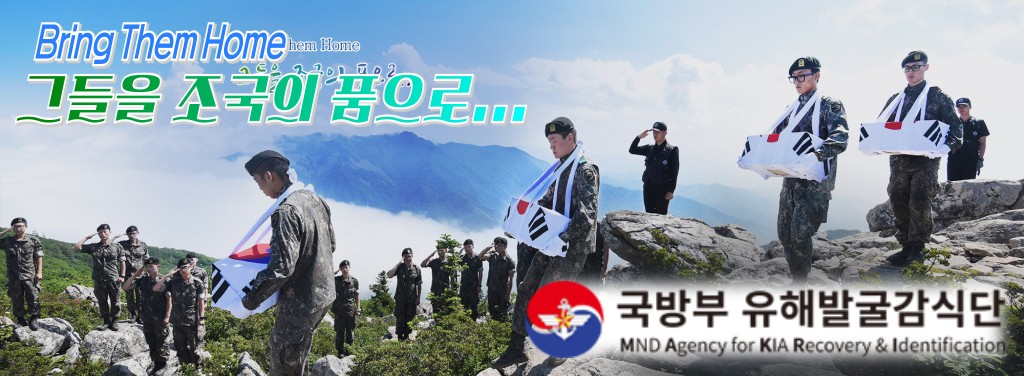
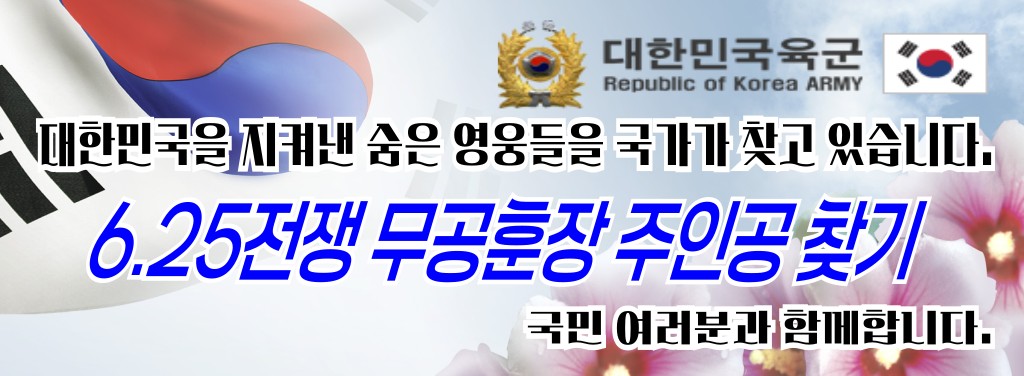

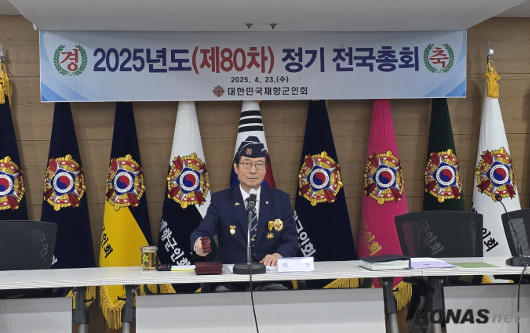

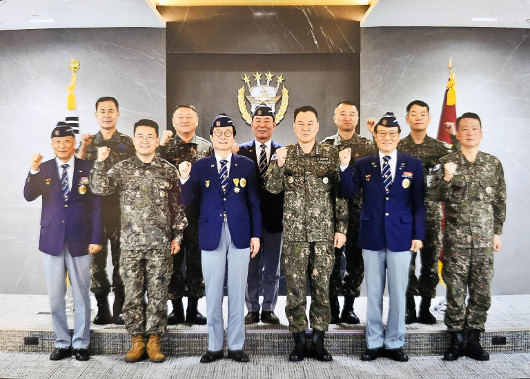
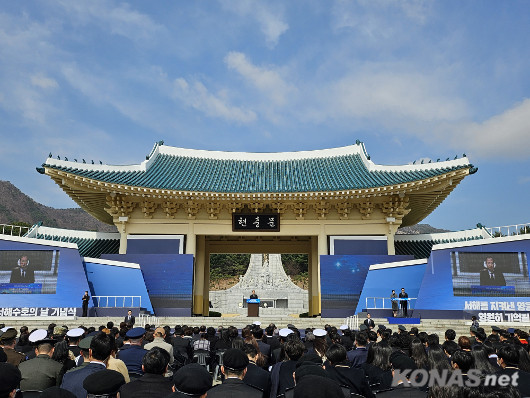
![[안보칼럼] 중국의 해양확장 행보와 한국의 전략적 대응방향](/img_data/article/250424/250424_61189.jpg)

